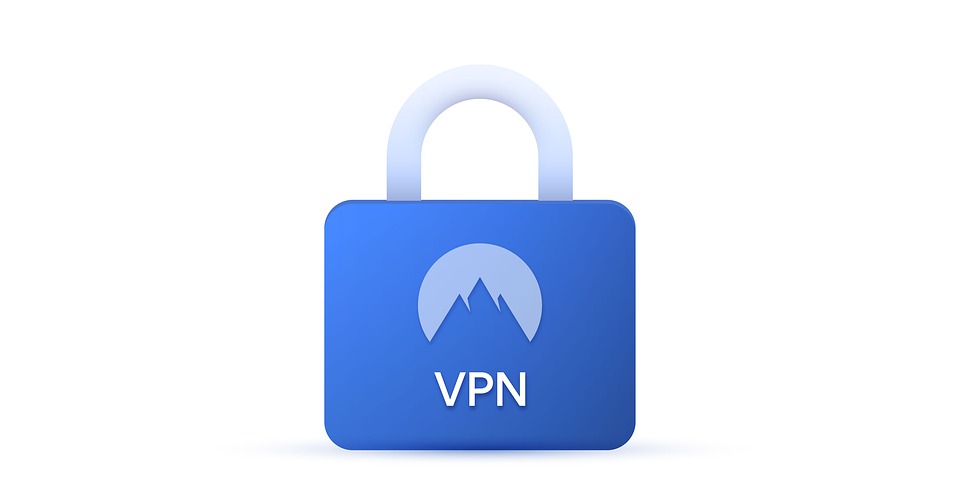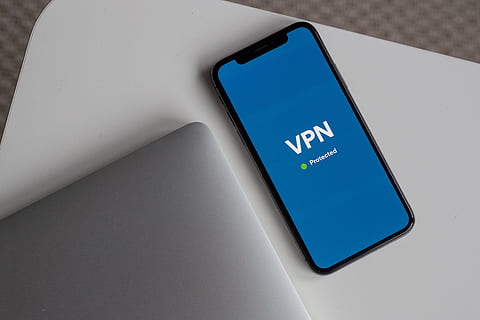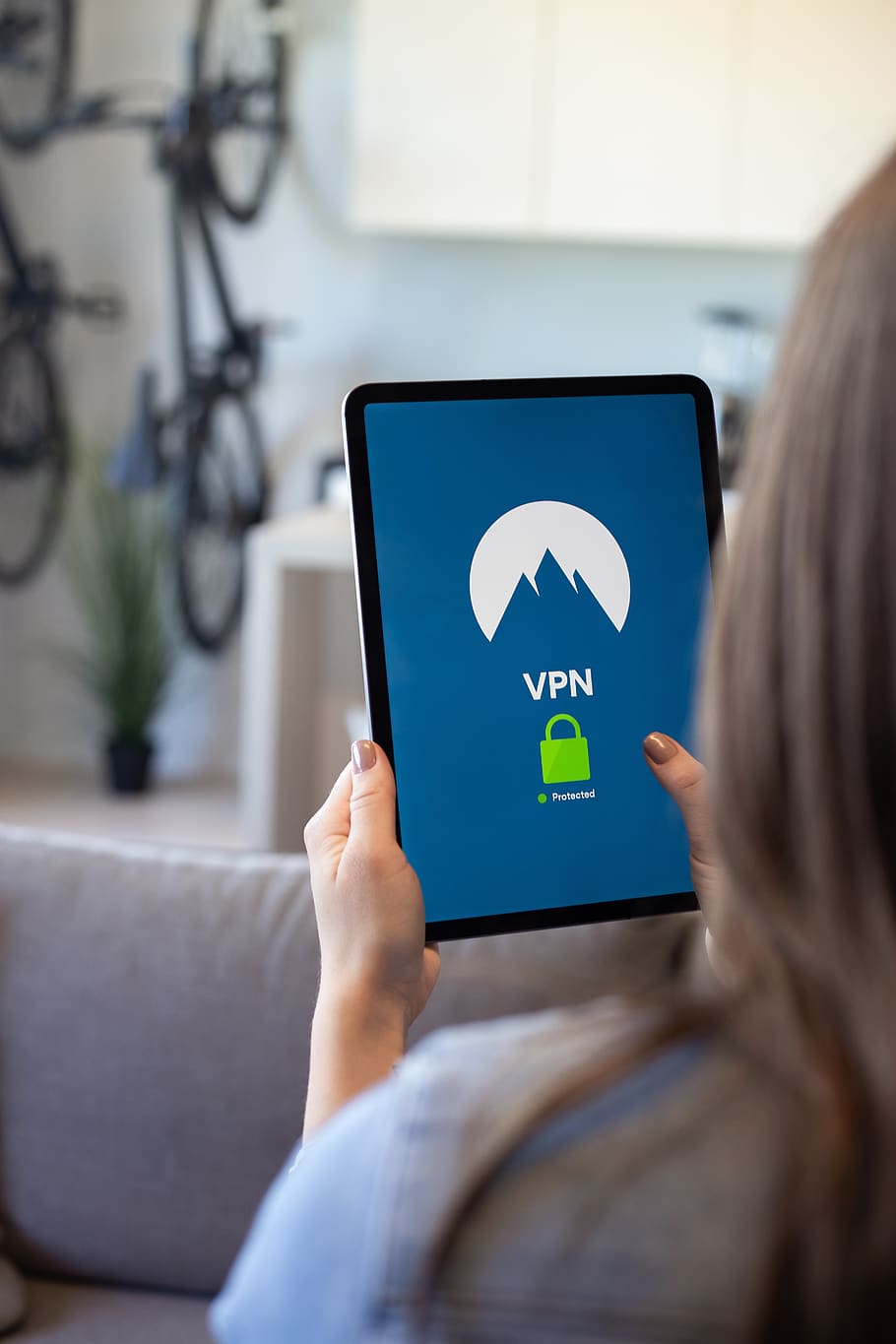What is a VPN?
The Acronym of VPN is "Virtual Private Network"
How does the VPN works?
To put it simply, let's see how the internet normally works when the client is connected to the internet without a VPN connection.
From the image, we can understand that when the client is requesting for any domain or server our requested IP location will first travel to the ISP(Internet Service Provider) and from the ISP it travels to the interconnected world and starts searching for our requested domain or server location once our requested IP reaches the server the data will be retrieved and shown as a webpage to the requested IP address(our PC).
Now let's see how the internet works when the client is connected with a VPN.
Actually, this image tries to tell the concept of How the VPN is working here our client is connected with VPN connection whenever the client requests for any server or domain our client's requested IP address will travel through the tunnel protocol to reach the VPN server then from the VPN server it directly connects to the requested server location and retrieves the data as a web page for the requested client.
What is the role of the VPN in the real world?
The main role of a VPN in the real world is which makes the connection encrypted between the client and the server.
Think that you are browsing for (google.com ) without a VPN.
At first, your request will travel through your broadband to ISP.
Your ISP will copy the requested server with your IP address and from the ISP your request will enter into the internet world to find the requested server.
The point to be noted down here is wherever your request is traveling there your IP address will get stored, by using this hackers or snoopers may steal the data like your location&browsing history.
Not only hacker's government can also be able to see your request and IP address for analytics purposes like what you are browsing if the server you are requested is banned in your country the webpage will not be shown to you.
To solve all these issues VPN will be used there,
Think That of the same domain you are browsing in your PC with a VPN connection.
First, your request will travels through the tunnel protocol which is a secured protocol connection that connects the client & the VPN server location selected by the client through an encrypted protocol.
At here your IP address will get changes and the virtual IP address will be created for you.
So, wherever your server travels through the interconnected world your request will get logged by your virtual IP address, not your original IP address.
Through this, your online privacy is maintained and no hackers or snoopers have a chance to enter into your encrypted protocol.
By using this VPN you can also able to connect the server which is banned in your country or location.
Pro's of VPN
- Encrypted connection.
- Users can access restricted content or apps in their country.
- your online location privacy is maintained.
- Lightning-fast access.
To be frankly there are no downgrades of using VPN. Thus the pros and cons may vary depends upon the type of VPN you are using.
There are two types of VPN
- free VPN
- paid VPN
Both the VPN plays the same role but the only difference is the service given by the VPN providers.
Paid VPN has more advanced and secured features than the free VPN service.
Paid VPN:
- strong data encryption.
- lightning-fast server connections.
- Strong online privacy protection.
- advanced encrypted protocol
This paid VPN's is mostly used by the banks and companies to secure their sensitive data and transactions from the internet snoopers.
Free VPN:
- low secure protocol.
- lower connection speed
- poor support.
These type of free VPN's are used for casual purpose like public who wants to access the restricted content from their location and also while using public wifi be aware, some hacker connected in that same network can steal the data from you while surfing on internet or doing transactions in the public network.
So, It is necessary to use a VPN while using public wifi.
Did you know?










0 Comments